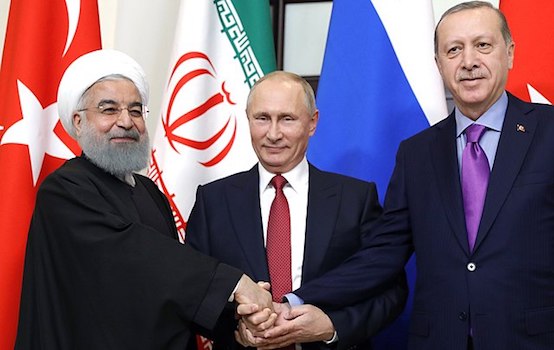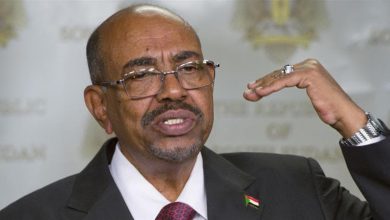Africa and Middle EastOngoing
How the US Lost Influence in the Syria
The United States has had a long and tumultuous history with the Middle East. How did they lose their influence in the consequential region?

Barack Obama’s White House placed its bets on weakening Iranian influence in the Middle East in two distinctive ways. First, the military strategy to assert power over Syria and manipulate the Al-Assad regime. Second was the US involvement in a UN sponsored mediation in Switzerland in attempts to oust Al-Assad.
The Fall of the US in Syria
Washington lost part one when Russian air forces entered the Syria crisis in September of 2015. This provided revolutionary air coverage, and international credibility to Assad’s efforts. The Geneva-based mediation turned out to be essentially ineffective.
Nearly three years later, the situation has become ultimately more complex than in the Obama era. Turkish, Iranian and Russian forces all have a strong presence all over the war-torn country. This group has isolated extremist groups, establishing ceasefires, and negotiation peace deals between feuding groups. Meanwhile, the West has been in an uphill battle regarding the humanitarian crisis in the Middle East. Finally, the Geneva-based peace initiative found more footing in Sochi than Switzerland ever provided. The Americans are notably absent from all of these processes. Interests and efforts of the United States have ceded their power to new regional and international powers.
Geneva No More?
Criticisms of the Geneva talks have some fair points of contention. To begin, the Al Assad regime and its representation do not, in any way shape or form, represent the Syrian people- nor does the delegation to Geneva labeled the “Syrian opposition”. Because the process is being brokered by the United Nations, groups represented exclude various key players, including nationalist parties and more nuanced groups of domestic opposition.
Russian and Iranian forces have kept a close watch and open communication with the marginalized groups not represented in UN talks, proving that the camaraderie on the ground is much more effective than American sanctions and UN mediation processes.
The complex tangled web that is the Syrian civil war leaves many questions unanswered. Hopefully, the fights on the ground are not an allegory for the tensions abounding in the countries themselves. The Middle East, constantly a region used to fight proxy wars, does not seem to be cooling off any time soon.



